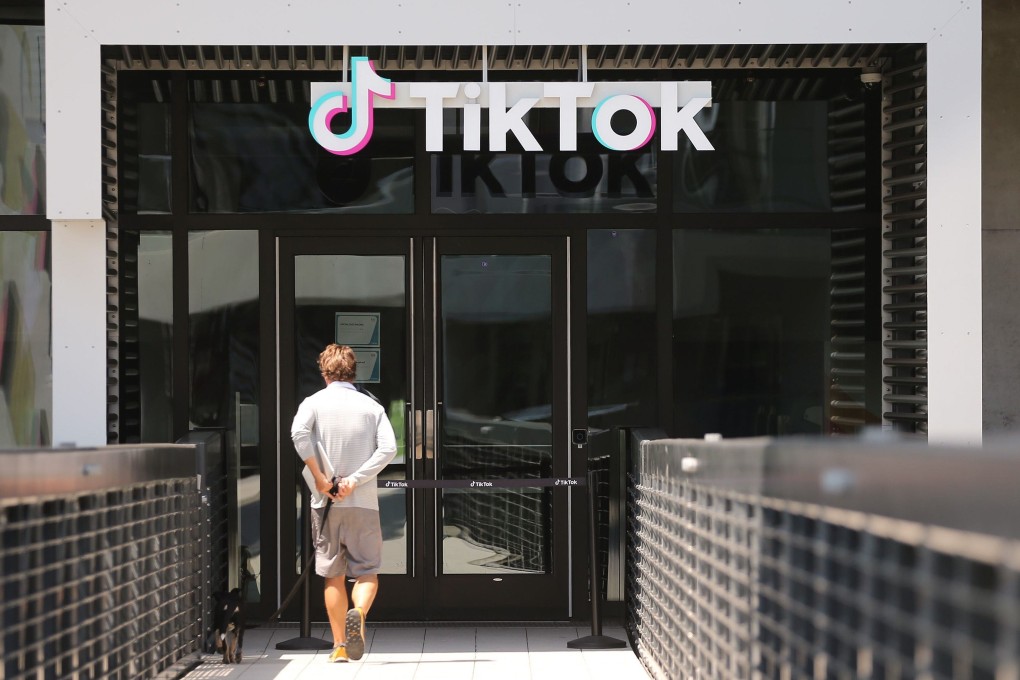Advertisement
Global Impact newsletter: TikTok’s clock is ticking in the US
- Global Impact is a fortnightly curated newsletter featuring a news topic originating in China with a significant macro impact for our newsreaders around the world
- In the ninth edition we will be looking at the Trump administration’s efforts to clamp down on Chinese-controlled apps on national security grounds
Reading Time:4 minutes
Why you can trust SCMP

The power of TikTok came to the attention of the older generation, like me, in June when its mostly young users used the short video app to sabotage the first big campaign rally by US President Donald Trump after the coronavirus pandemic. Thousands of users banded together to request tickets to the event in Tulsa, Oklahoma, then didn’t show up. Only 6,200 attended in a venue that holds 19,000, a major embarrassment for the Trump campaign.
But even before the Tulsa rally focused a spotlight on the power of the app and its Generation Z user base, TikTok was a big deal, as this story explains. The company says it has over 100 million users in the US, 60 per cent of whom are between the ages of 18 and 24, who love to share dance moves, stupid pet tricks and comedy, and increasingly, more serious topics.
But amid rapidly worsening relations between China and the US, first Congress, and then the White House, took aim at what they perceived to be national security threats from Chinese-controlled apps. And the US was not alone. Australia, South Korea and other nations increased their scrutiny of TikTok and India banned it and 58 other apps entirely after the border clash in mid-June.
Advertisement
The Trump administration came to the conclusion that TikTok, owned by Chinese tech firm ByteDance, is a threat to US national security and has threatened to ban it in the US unless it is sold to a US company or consortium.
That set off a bidding war for TikTok’s US operations that reads like a spy novel.

01:42
K-pop fans and TikTok teens troll Trump with fake registrations for first campaign rally in months
K-pop fans and TikTok teens troll Trump with fake registrations for first campaign rally in months
Early on, software giant Microsoft emerged as a potential buyer of TikTok’s US operations in an effort to expand its online presence. Walmart, the world’s largest retailer, later joined that bid in order to further its e-commerce ambitions. Later, business software firm Oracle threw its hat into the ring, teaming up with several of the venture capital investors who already owned stakes in TikTok.
Advertisement
Select Voice
Select Speed
1.00x